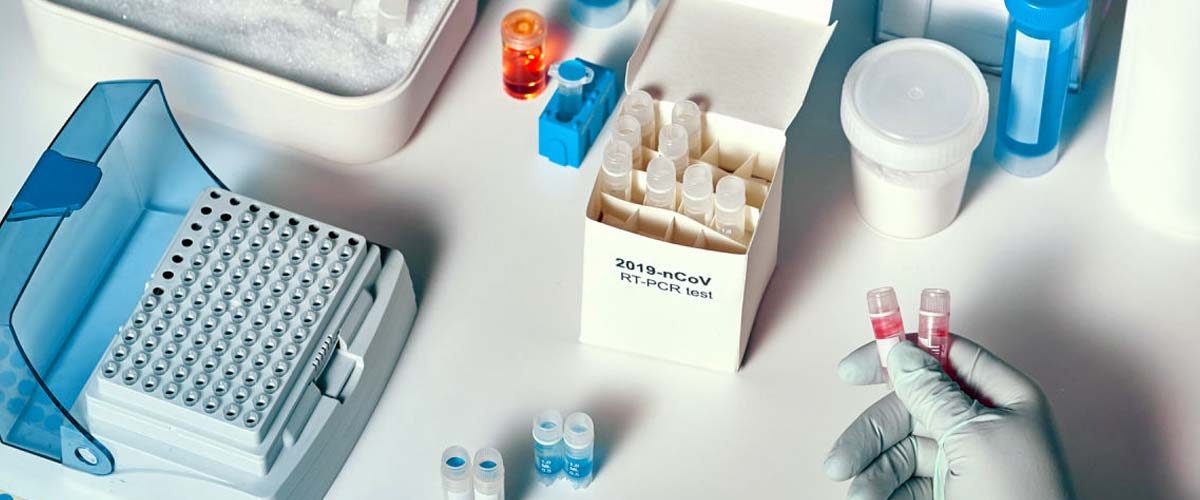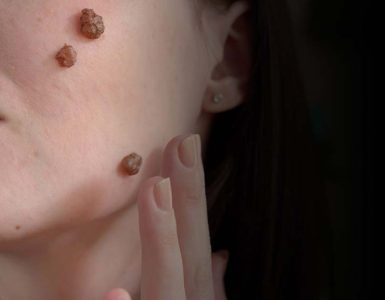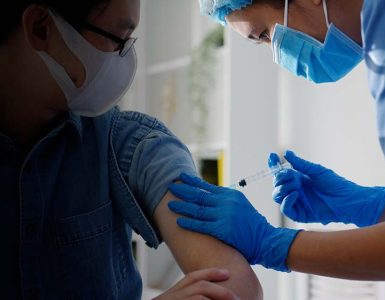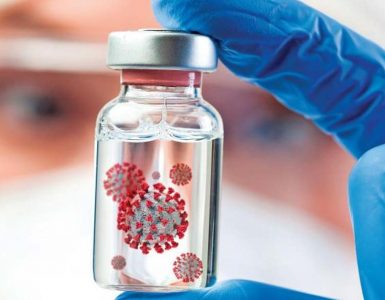The rampant spread of coronavirus disease (COVID-19) is a failure of contemporary world and its institutions. The COVID-19 has amplified risks worldwide regarding public health systems, patient care, control, guaranteed supply and quality of SARS-CoV-2 related diagnostic tools. In – vitro RT – qPCR diagnosis kits are available on the market for the detection of SARS-CoV-2. US Food and Drug Administration (FDA) permit some of these kits to emergency use authorization (EUA).
Lu et al., 2020; Rhoads et al., 2020 reported that the CDC designed FDA EUA 2019-nCoV CDC kit (IDT, USA) based on N1 and N2 probes is used for detecting SARS-CoV-2 and RNaseP (RP) as an RNA extraction quality control has received positive evaluations in recent studies. Anon, 2020 stated that requirement to run three PCR reactions per sample is the prime limitation of the CDC because all of the probes are labeled with the dye FAM.
The singleplex PCR protocol comprises of large number of reagents and reduces laboratory testing capacity, especially in small-scale facilities which are crucial during the ongoing coronavirus disease pandemic, particularly in developing countries. Various multiplex assay are commercially available they are not pocket friendly as compared to the CDC protocol.
Therefore, Byron Freire-Paspuel and M. A. Garcia-Bereguiain, 2020 designed a research to developed a triplex assay for detecting SARS-CoV-2 RNA from nasopharyngeal swabs based on the CDC designed probes and primers, N1 and N2, and RP, and evaluated its clinical performance and analytical sensitivity using the singleplex 2019-nCoV CDC EUA kit as a gold standard. This research has published in International Journal of Infectious Diseases.
To put it succinctly, this new triplex RT – qPCR assay based on primers and probes from the CDC protocol is highly reliable for SARS-CoV-2 diagnosis. The results of this study also showed that it could speed up detection and save reagents during the current SARS-CoV-2 testing supplies shortage.
















Add comment